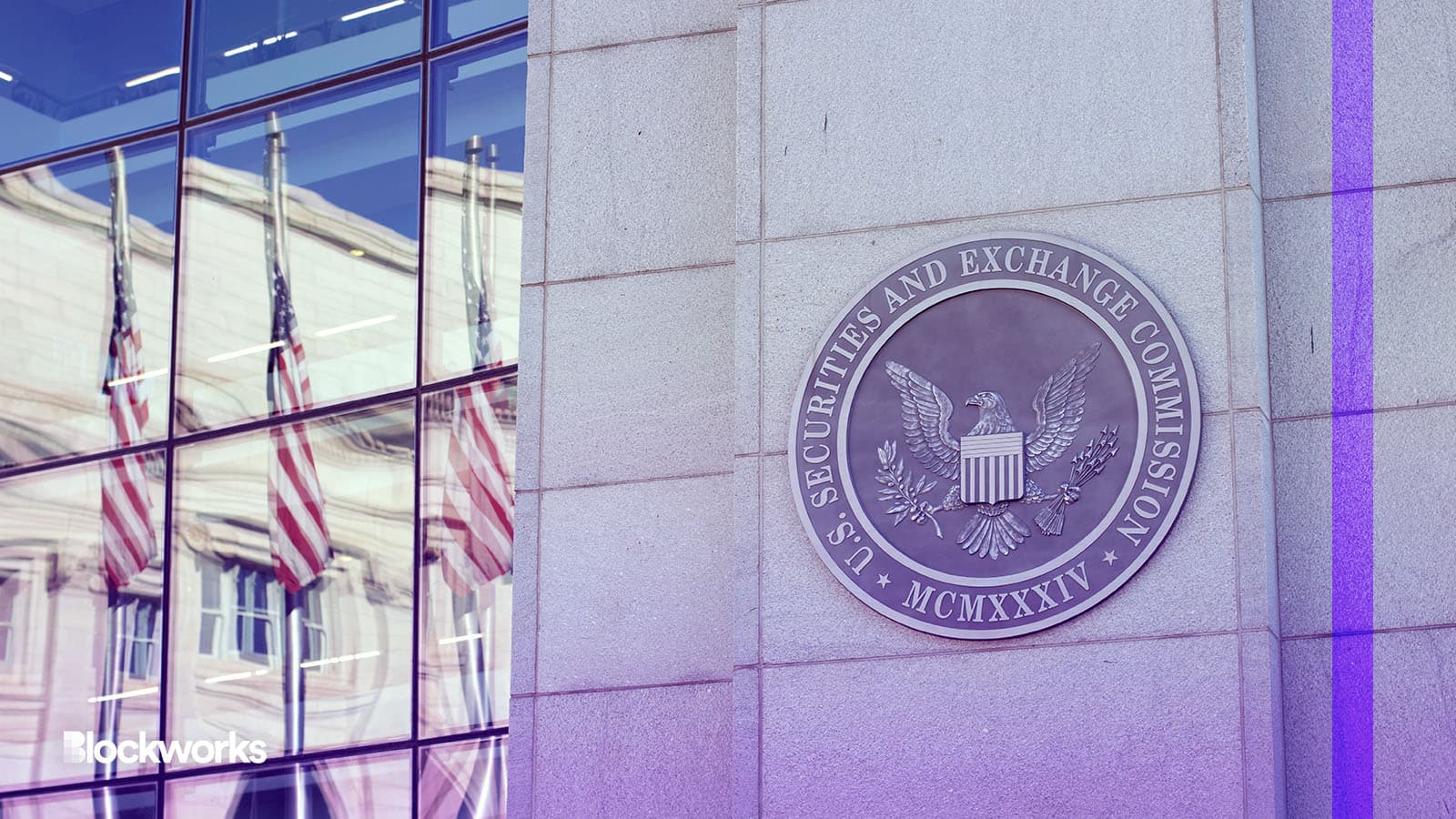SEC Nears Settlement Agreement with Wahi Brothers in Coinbase Insider Trading Case
Lawyers for the SEC and the Wahi brothers have asked a US court to allow time to finalize terms of a settlement

Source: Shutterstock / Tada Images, modified by Blockworks
The Securities and Exchange Commission appears to be close to a settlement agreement with Ishan Wahi, a former product manager at Coinbase who the agency charged and accused of insider trading.
In February, Wahi pled guilty to two counts of conspiracy to commit wire fraud while using confidential information about Coinbase’s cryptoasset listings. His brother Nikhil Wahi, involved in the allegations, also pleaded guilty. Both had initially pleaded not guilty.
The brothers, and their friend Sameer Ramani, were accused of trading at least 25 cryptoassets on Coinbase based on Ishan Wahi’s insider knowledge between June 2021 and April 2022, eventually netting them profits worth $1.1 million.
The SEC now has an “agreement in principle” with Ishan Wahi to resolve the agency’s claims, a joint notice from attorneys representing the SEC and the Wahis showed in a court document published Monday. Meanwhile, Nikhil Wahi is also having “good faith” discussions with the regulator, it said.
“Any settlement recommended by SEC staff must be reviewed within the SEC and approved by the SEC’s Commissioners before it may be submitted to the Court for approval, a process that can take a number of weeks,” the document said.
Earlier this year, the Wahi brothers asked a US court to drop the case, arguing that the SEC’s definition of securities is wrong.
“The term ‘investment contract’ requires — as the statute says — a contract. But here there are no contracts, written or implied,” lawyers for the brothers said. “The developers who created the tokens at issue have no obligations whatsoever to purchasers who later bought those tokens on the secondary market. And with zero contractual relationship, there cannot be an ‘investment contract.’ It is that simple.”
Monday’s document shows a proposed deadline for the SEC’s opposition to the motion to be pushed to June 15, and the Wahi’s reply to July 15.
The case has implications for the broader crypto industry, and the debate on which cryptoassets are considered securities. The SEC itself has labeled nine of the tokens that Wahi traded as securities, but Coinbase doesn’t agree. The exchange’s chief legal office Paul Grewal said in a blog last year that Coinbase does not list securities and that it fully disagreed with the decision to file securities fraud charges.
Get the news in your inbox. Explore Blockworks newsletters:
- The Breakdown: Decoding crypto and the markets. Daily.
- 0xResearch: Alpha in your inbox. Think like an analyst.






